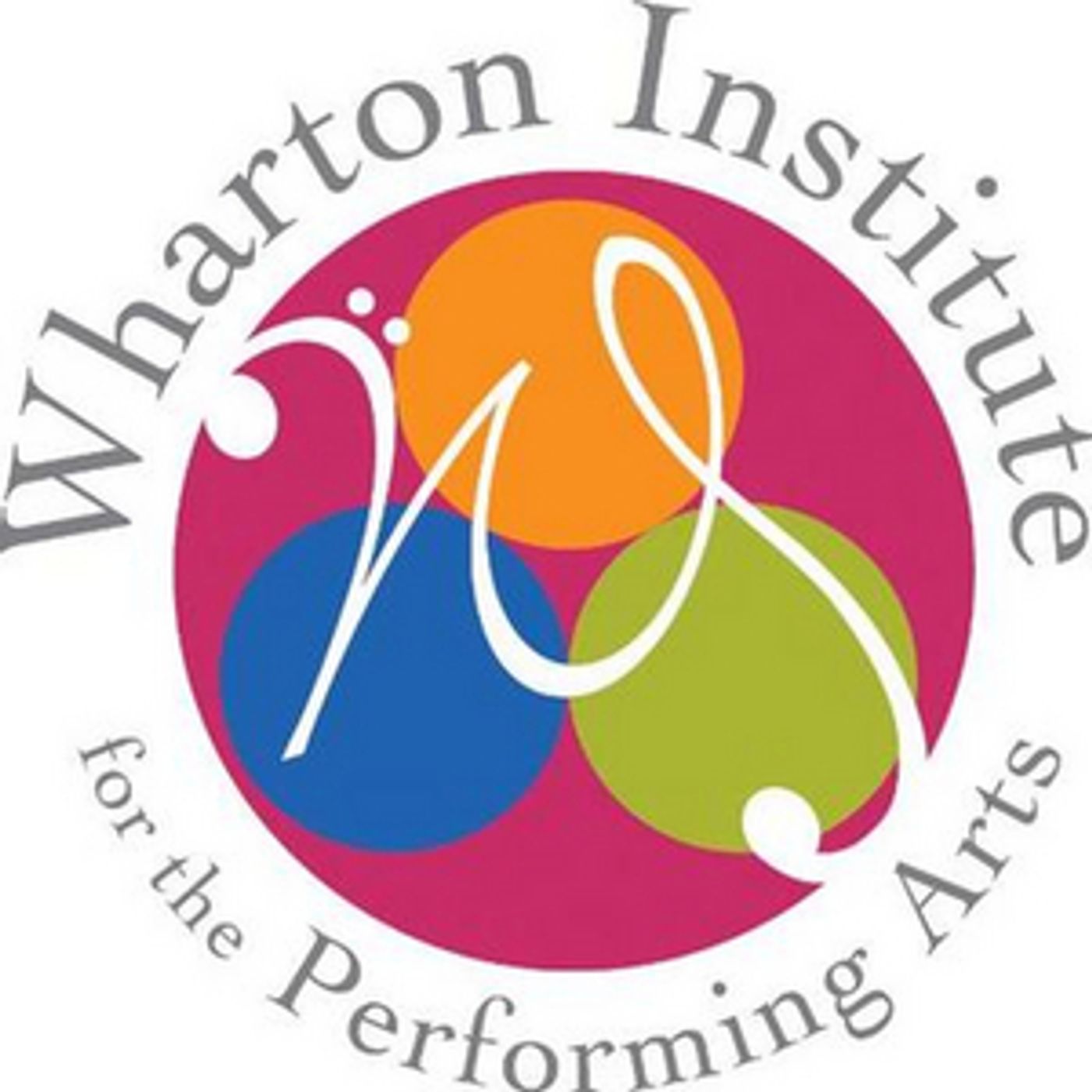Wharton Institute For The Performing Arts Celebrates Black History With Month-Long Free Jazz Listening Series
Jazz History and Masters Listening Hour Series will take place every Saturday from 9:00 - 10:00 a.m. EST

The Wharton Institute for the Performing Arts announced today that it will celebrate Black History Month with a virtual Jazz History and Masters Listening Hour Series every Saturday from 9:00 - 10:00 a.m. EST during the month of February. Learn about the origins and development of jazz genres, including historical icons and their influence on particular jazz styles and trends, as well as an exploration of jazz's social implications in a broader historical context. Led by award-winning saxophonist Dave Schumacher, the Jazz History and Masters Listening Hour Series is free and open to the public. To register to attend, visit WhartonArts.org.
Said Artistic Director and Principal Conductor Helen H. Cha-Pyo, "Jazz Education is an important part of our mission here at Wharton Arts and we are committed to offering our students high-level opportunities to learn and perform jazz throughout the year. The free Jazz Listening Series is a way for us to extend an invitation to the wider community to learn about jazz history and celebrate the legacies of early Black jazz artists, recognizing jazz as the foundation of popular music such as rock n' roll, R&B, soul, and more."
"I hope many people will join our esteemed jazz faculty, Dave Schumacher, on Saturday mornings in February," continued Cha-Pyo, "and listen to this 'triumphant music' as best described by Martin Luther King, Jr.: 'Jazz speaks for life. The Blues tell the story of life's difficulties, and if you think for a moment, you will realize that they take the hardest realities of life and put them into music, only to come out with some new hope or sense of triumph. This is triumphant music.'"
Jazz History & Masters Listening Hour Series
All classes take place at 9:00 a.m. EST via Zoom.
Saturday, February 6 Jazz History and Listening Survey I
Part I of a survey of the history of Jazz music through listening, briefly touching on each of the eras from Early Jazz in the late 19th century through the Bebop Era ending in the '50s.
Saturday, February 13 Jazz History and Listening Survey II
Part II of a survey of the history of Jazz music through listening, briefly touching on each of the eras of Jazz from the mid-50s Hard Bop/Cool eras through the present.
Saturday, February 20 Jazz Masters Series - Louis Armstrong
An examination through listening and commentary of Jazz Master Louis Armstrong, considered by many the greatest soloist and one of the most influential Jazz artists of all time.
Saturday, February 27 Jazz Masters Series - Mary Lou Williams
An examination through listening and commentary of Jazz Master Mary Lou Williams. Williams was a great pianist, arranger and informal educator who influenced many younger Jazz musicians including Thelonious Monk, Bud Powell, and Tadd Dameron at informal sessions at her apartment. Mary Lou Williams came to prominence in the 1930s when very few women in Jazz received their due.
Chicago native Dave Schumacher has been a key player in the New York jazz scene for more than three decades, touring throughout the United States and internationally with the Lionel Hampton Orchestra, Art Blakely Big Band, T.S. Monk on Monk Ensemble, Nicholas Payton's Louis Armstrong Tribute Big Band, and as an original member of the Harry Connick, Jr. Orchestra. Highlights of his international career include an appearance at Mount Fuji Jazz Festival in Japan with the Art Blakely Big Band. Schumacher can be heard on nearly a dozen Columbia Records recordings with the Harry Connick, Jr. Orchestra and with such jazz greats as Lionel Hampton and Mel Torme. Schumacher received a Bachelor of Arts degree in Jazz Performance from Rutgers University/Livingston College and a Master of Music degree in Jazz Performance from New Jersey City University.
The Wharton Institute for the Performing Arts' mission is to provide the highest quality performing arts education to a wide range of students in a supportive and inclusive environment, where striving for personal excellence inspires and connects those we teach to the communities we serve.
Videos


